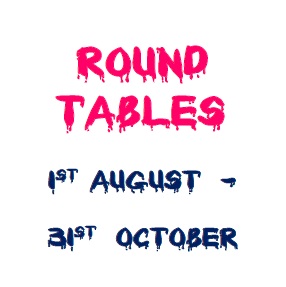Together with its member movement, FYCA, which was the host of the activity, MIJARC Europe implemented its summer camp:
Youth Paving the Way to Solidarity
The summer camp took place in Yereven – Armenia, between 23rd and 29th August 2017. It gathered a wonderful group of 40 young people, from seven different countries (Austria, Armenia, Belgium, Bulgaria, France, Germany and Romania) all of them with open minds and fresh ideas who shared stories of their lives and their ideas about living in inclusive societies. The Summer Camp was organized as a result of MIJARC Europe’s concern towards helping rural young people develop a counternarrative discourse to extremism by promoting tolerance, solidarity and non-discrimination through inter-cultural dialogue. By the means of this Summer Camp, we wanted to offer the opportunity of a youth exchange in a multicultural environment where rural youth and young refugees/immigrants could share the realities of each country in order to combat stereotypes and prejudice on both sides.
The Summer Camp pursued the following objectives:
- Encouraging inter-cultural dialogue, networking and mobility of young people;
- Helping rural young people develop critical thinking in a multicultural environment;
- Increasing the involvement of young people in the social life in local communities and develop projects, based on an intercultural approach;
- Debating the possible causes of the rise of extremism in youth, its potential consequences and find a common position on the topic;
- Empowering young people to take active role in security matters, underlying the importance of including young people in preventing and deterring potential local threats;
- Reducing the trauma of the youth migrants/refugees and avoid isolation in the host communities, by fostering an environment where young migrants and refugees can participate and exchange opinions alongside with rural youth;
- Raising awareness on and understanding for the difficulty of displaced populations in the host community by creating and performing a small theatre play.
Through the method “See, Judge and Act” the participants engaged in activities based on non-formal and informal learning such as working groups, field visits, pedagogical games, icebreakers and energizers, storytelling, debate/discussions on the topics of the activity, learn how to create a theatre play, thematic evenings, presentations by each country, plenary sessions, interaction with the host community and preparation of dissemination and exploitation of the results of the Summer Camp.
We started on the first day with some name games and icebreakers to get the participants closer together. The next day we initiated pedagogical games, icebreakers and energizers and storytelling to get on the topics of radicalization, extremisms and solidarity. Here it was possible for the participants to discuss the topics in a very deep way and to find solutions how to deal with radicalization, extremisms, xenophobia and how to create solidarity. In the late afternoon, we visited Aleppo NGO. Their mission is to protect, support and empower Syrian citizens sheltered in Armenia, develop and implement lasting projects to contribute to their settlement and integration processes. It was a great example for vivid solidarity. The next day we visited the Genocide museum of Yerevan, to learn more about the Armenian history and in the afternoon, we went to Lake Sevan, to get an impression from the beautiful Armenian countryside. The next day, they participants created a theatre play how to handle radicalization, extremisms and xenophobia and the following day it was presented in city of Yerevan to the Armenian people to bring the message from solidarity to the people.
You can watch some parts of the theatre play here: Link 1, Link 2, Link 3.
The participants recorded a video message too. See what they had to say here.
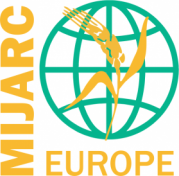
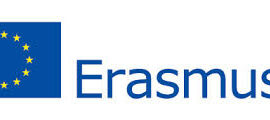
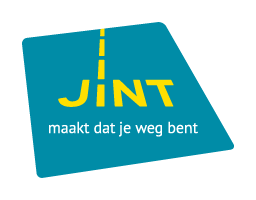

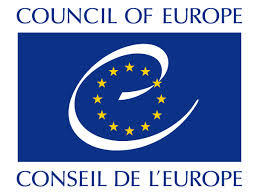
 The visit took place between
The visit took place between 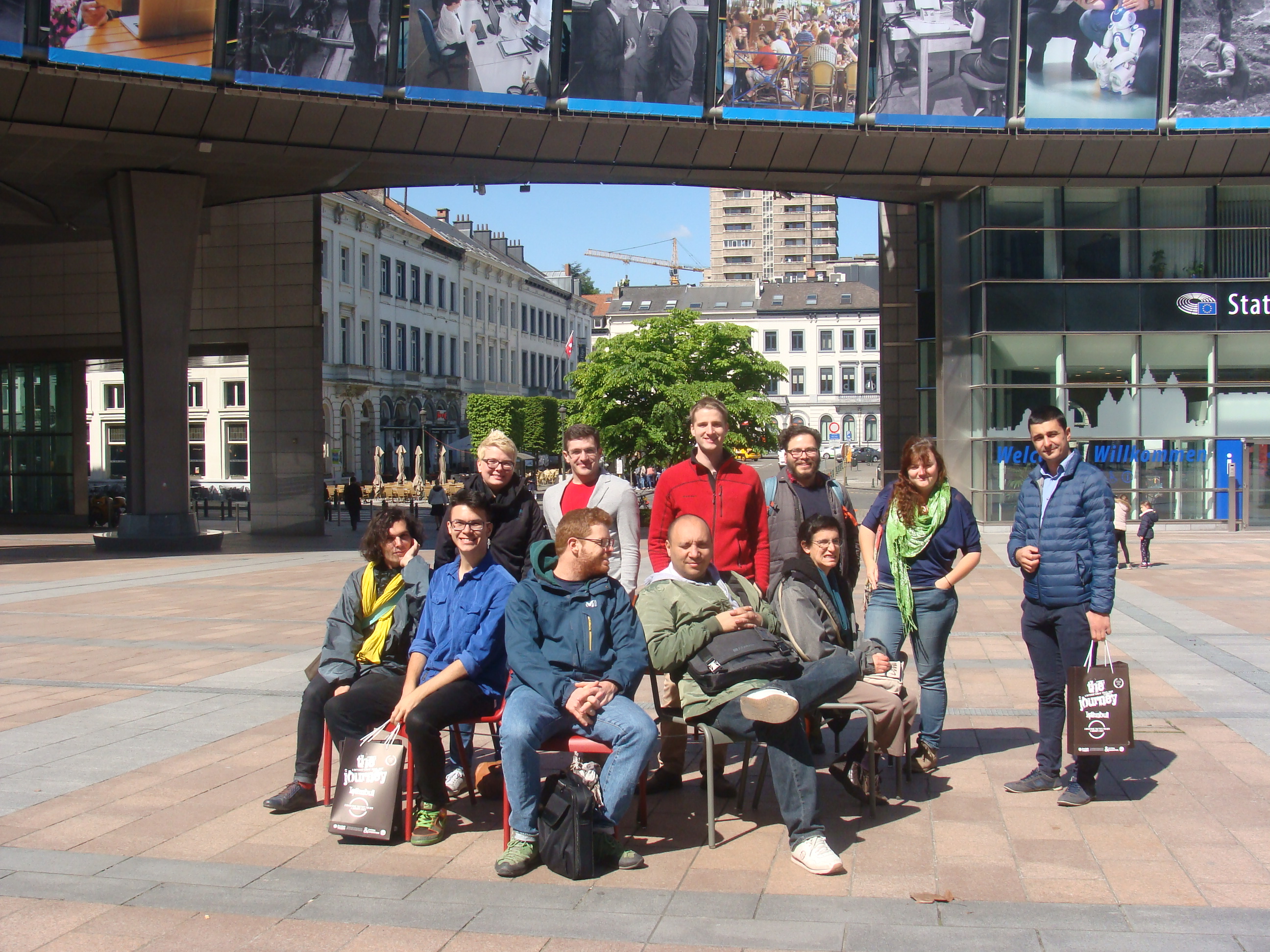 The
The 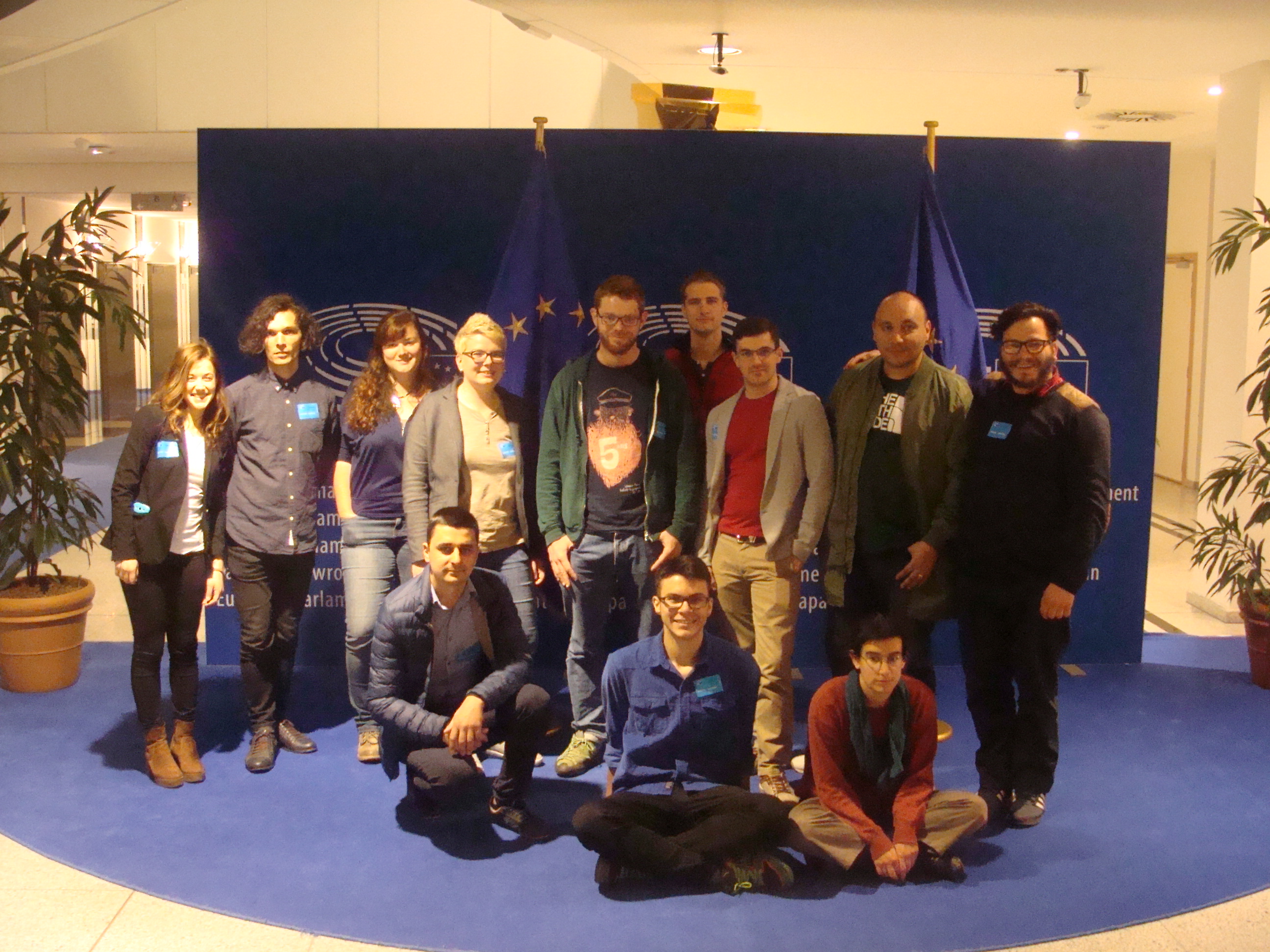 The last day
The last day In 2017 MIJARC Europe is running an annual Work Plan on the topics of radicalisation and extremism. The main aim of the work plan is to reach out to young women and men living in rural areas in Europe and support them in resisting and countering radicalisation and violent extremism.
In 2017 MIJARC Europe is running an annual Work Plan on the topics of radicalisation and extremism. The main aim of the work plan is to reach out to young women and men living in rural areas in Europe and support them in resisting and countering radicalisation and violent extremism.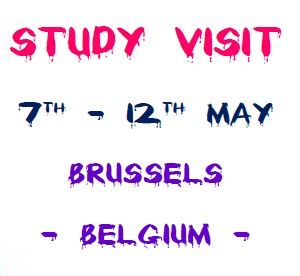 1.
1. 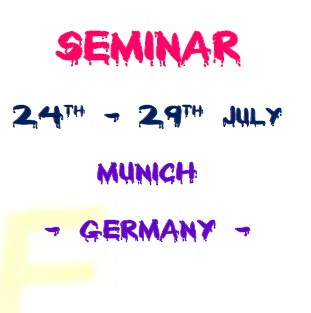 2. “Open Minds, Open Doors”
2. “Open Minds, Open Doors”